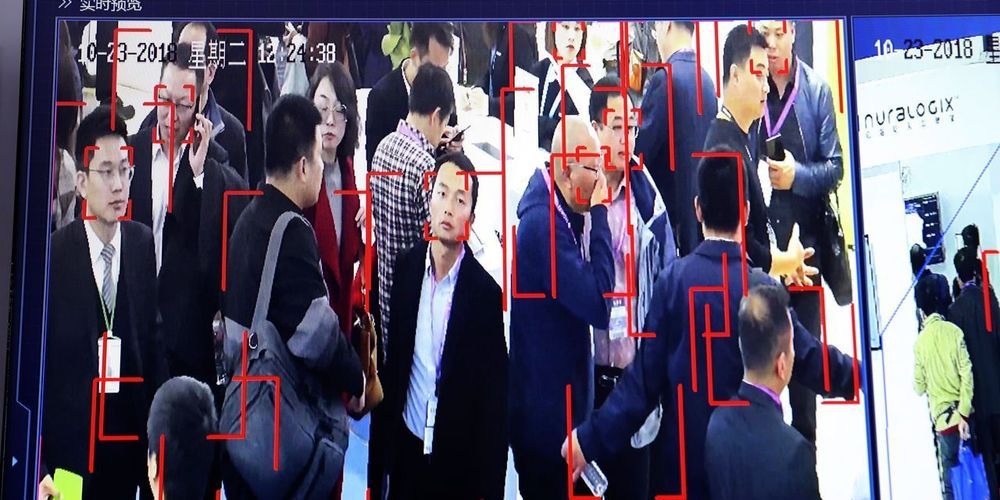Updated at 9:50 p.m. Eastern.
WASHINGTON — A green propulsion startup with more than $1 million in sales says it is gaining traction in the smallsat market while funding its own small launch vehicle.
Dawn Aerospace, based in New Zealand and the Netherlands, has its first propulsion system launching in March on a D-Orbit cubesat aboard a Vega rocket. A second is scheduled to launch on an Indian PSLV in the second quarter of 2020 on a cubesat for Hiber, a Dutch Internet of Things startup. Dawn Aerospace also has contracts from the New Zealand Space Agency and the U.S. Air Force, Dawn Aerospace CEO Jeroen Wink said in an interview.









